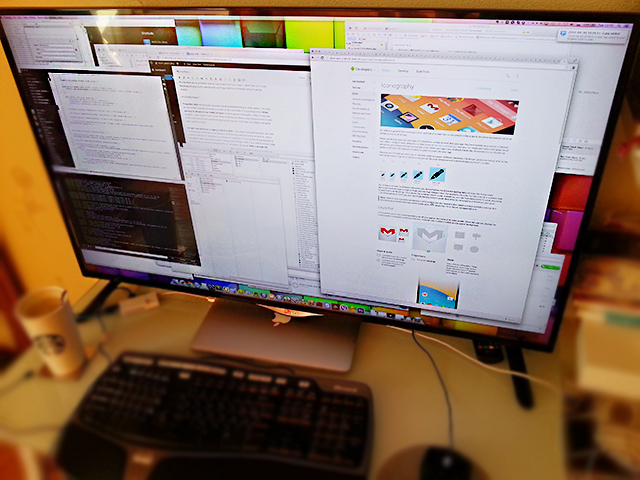In the dynamic landscape of software development, staying ahead of the curve is crucial for delivering high-quality products efficiently. The integration of Development and Operations, commonly known as DevOps, has emerged as a transformative approach, streamlining the software development lifecycle. This article delves into the latest trends in DevOps, highlighting how they enhance the overall software development process.
The Evolution of DevOps
DevOps has evolved significantly over the years, adapting to the ever-changing demands of the software industry. Initially conceived as a collaboration between developers and IT operations, it has now expanded its scope to include continuous integration, continuous delivery, and continuous deployment (CI/CD). This evolution has paved the way for more efficient and agile development methodologies.
Automation and Artificial Intelligence
One of the prominent trends in DevOps is the increased emphasis on automation and artificial intelligence (AI). Automation streamlines repetitive tasks, allowing development teams to focus on more complex and creative aspects of their work. AI, on the other hand, plays a crucial role in predictive analytics, identifying potential issues before they escalate and optimizing system performance.
Microservices Architecture
Microservices architecture has gained widespread adoption in DevOps practices. Breaking down monolithic applications into smaller, independent services enhances scalability, flexibility, and maintainability. This modular approach allows for easier updates and deployments, reducing downtime and improving overall system reliability.
Containerization with Docker and Kubernetes
Containerization technologies like Docker and orchestration tools like Kubernetes have become integral parts of DevOps workflows. Containers provide a consistent and isolated environment for applications, ensuring seamless deployment across various environments. Kubernetes, with its container orchestration capabilities, simplifies the management of containerized applications, enabling efficient scaling and resource allocation.
Security Integration
As cybersecurity threats continue to evolve, integrating security into the DevOps process is no longer optional but imperative. DevSecOps, the integration of security practices into DevOps, ensures that security measures are not an afterthought but an integral part of the development lifecycle. This proactive approach minimizes vulnerabilities and enhances the overall resilience of applications.

Collaboration Tools and Communication
Effective collaboration and communication are at the heart of successful DevOps implementations. The use of collaboration tools such as Slack, Microsoft Teams, and Jira fosters seamless communication among development, operations, and other stakeholders. Real-time collaboration accelerates decision-making and issue resolution, contributing to the overall efficiency of the development process.
Continuous Learning and Improvement
DevOps is a culture of continuous learning and improvement. Embracing a mindset of continuous feedback and improvement allows teams to adapt to changing requirements and technologies swiftly. Regular retrospectives, knowledge-sharing sessions, and embracing new methodologies contribute to a culture of innovation and excellence. Visit Baluu if you need more information or have any questions about enhancing the software development lifecycle.
Conclusion
In conclusion, the latest trends in DevOps are geared towards enhancing the software development lifecycle by promoting automation, agility, and collaboration. Embracing these trends empowers development teams to deliver software faster, more reliably, and with higher quality. As DevOps continues to evolve, staying informed and adapting to these trends is essential for organizations aiming to thrive in the competitive software development landscape.




